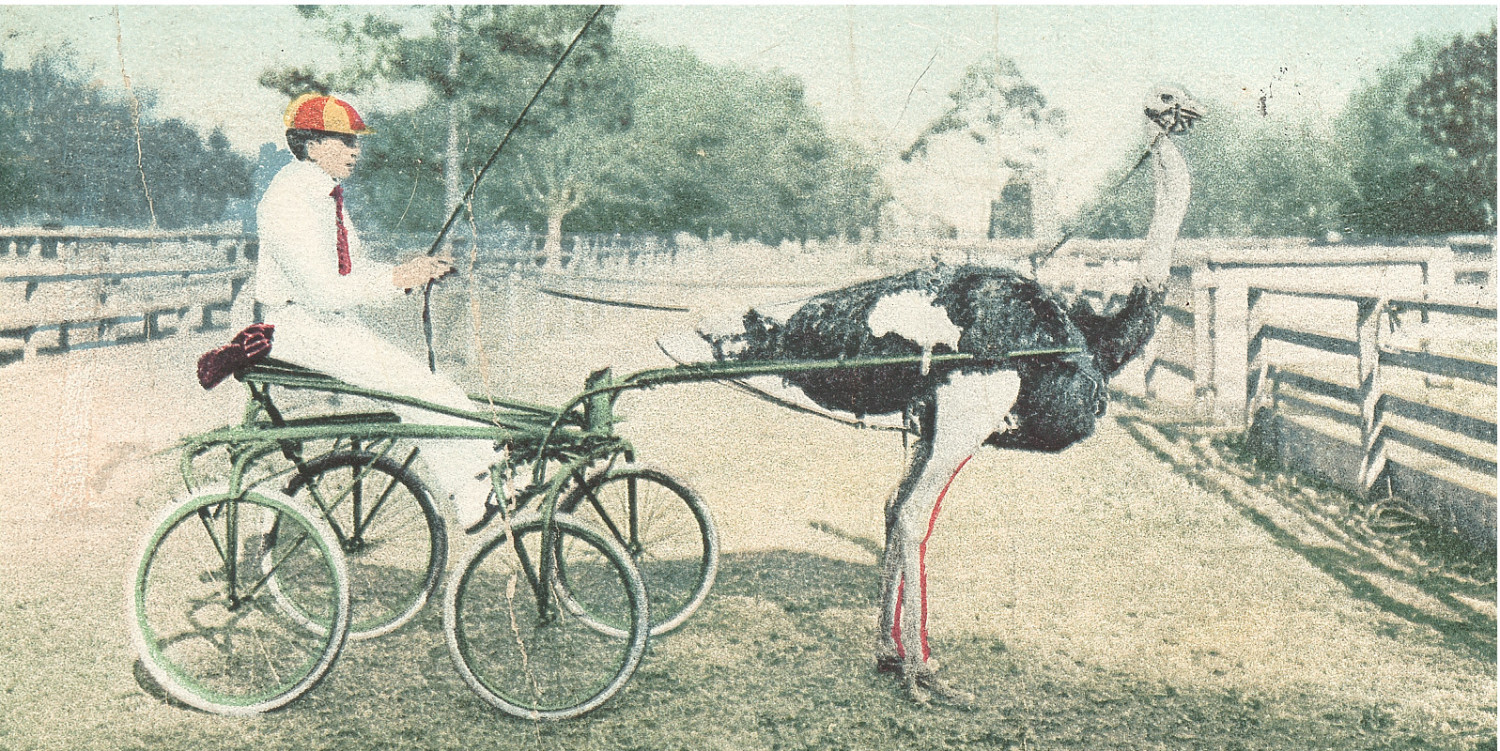| DESCRIÇÃO |
Jornal faz menção ao caso do almirante Halsey e do cavalo do imperador japonês Hirohito, uma metonímia para a vitória norteamericana na Segunda Guerra Mundial.
O almirante desejava cavalgar o cavalo do imperador, mas não consegue. Por isso, outros animais parecidos são levados a ele para, pelo menos tangencialmente, a situação acontecer. O caso teve grande repercussão na mídia norte-americana.
“Prior to and during World War II, Japan’s Emperor Hirohito was shown in photos and newsreels riding a beautiful white stallion in front of his troops. The horse was part of his carefully cultivated image. (…) Pictured on his white horse, Emperor Hirohito was a distant, godlike figure—a symbol of Imperialist Japan.
(…)
The symbol of the white horse caught the American imagination. Early in the war, United States Admiral William (Bull) Halsey vowed that one day he would ride Hirohito’s white horse through the streets of Tokyo. This soon became a rallying cry in the United States. It was even used in a campaign to sell war bonds. The United States was going to win the war and remove Emperor Hirohito from his high horse.
(…)
At the end of the war, the public was clamoring for Admiral Halsey to ride Emperor Hirohito’s horse, as promised.
(…)
Halsey did ride a horse, but he wasn’t Emperor Hirohito’s white stallion, who remained private property of the Emperor. Instead, he rode another horse that was supplied by Major General William Chase, the commander of the First Calvary Regiment. After reviewing the honor guard of the First Calvary Regiment, he mounted the horse and rode slowly around the bivouac area on the outskirts of Tokyo. It was an unscheduled affair, so he didn’t get to use the special saddle. “Please don’t let me alone with this animal,” the Admiral said. Upon dismounting, he grinned and said, “I was never so scared in my life.”
(…)
|

